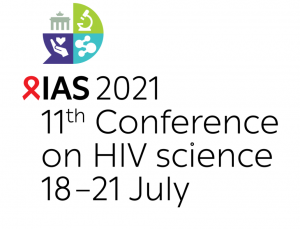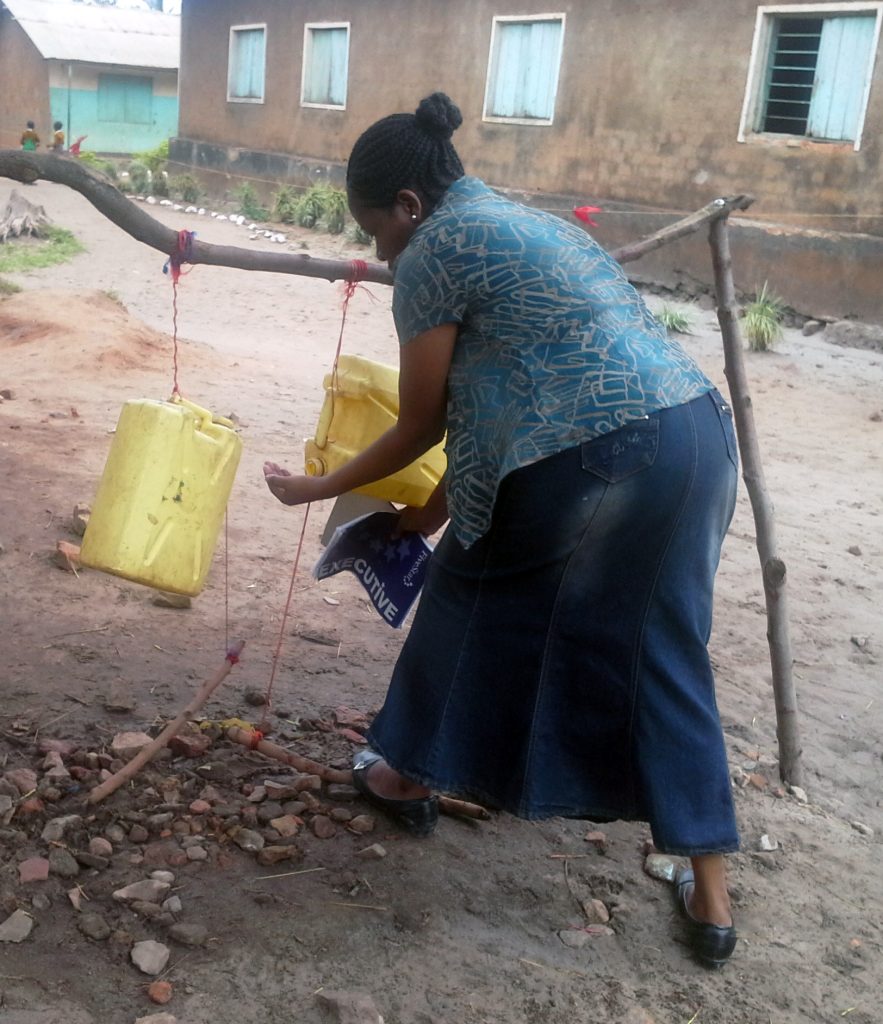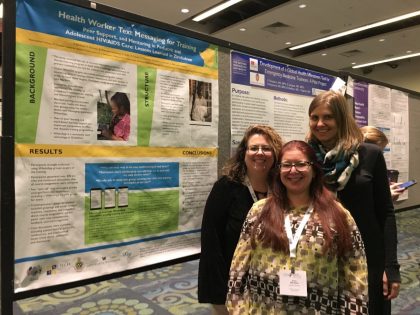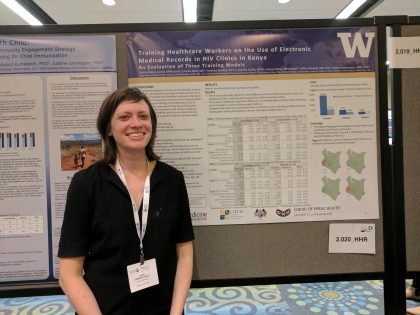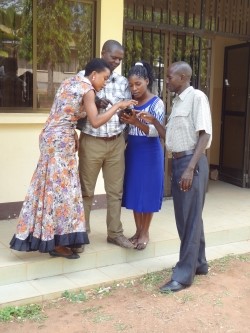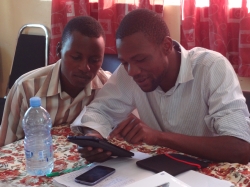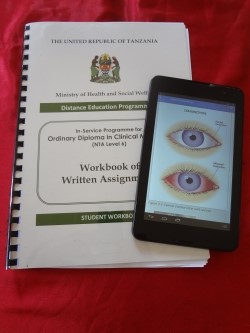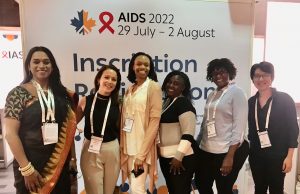
The International AIDS Society (IAS) hosted the 24th International AIDS Conference on 29 July – 2 August 2022 in Montreal, Canada, and virtually. The theme this year was “re-engage and follow the science” to highlight that the HIV and AIDS epidemics are not over and still require significant global support. The conference brings together HIV researchers and experts for presentations and discussions on a wide-range of HIV- and AIDS-related topics.
This year, the International Training and Education Center for Health (I-TECH) and its partner network organizations participated in a number of activities at the IAS International AIDS Conference. Pamela Collins, MD, MPH, I-TECH Executive Director, participated in a pre-conference meeting panel on HIV and non-communicable disease integration hosted by the NCD Alliance. Dr. Collins’ discussion focused on the social stigma related to HIV and mental health conditions, specifically the impact stigma has on care and the role that integration has in addressing stigma.
In addition to the panel, I-TECH representatives also presented posters from programs in Côte d’Ivoire, Tanzania, and Ukraine:
- Yao He, PhDc, MS, Data Analyst, I-TECH – “Electronic laboratory information system and HIV data quality: time-series analyses at eight public health laboratories in Côte d’Ivoire”
- Baraka Nyakuya, MD, Technical Advisor, I-TECH Tanzania – “Implementation of new Cryptococcal Meningitis screening, prevention, and treatment guidelines in Tanzania”
- Alyona Ihnatiuk, MPH, MS, Strategic Information Lead, I-TECH Ukraine – “Introducing a comprehensive approach to implementing, scaling up, and strengthening HIV PrEP service delivery in Ukraine”
Additionally, representatives from I-TECH’s partner network organizations and the Centers for Disease Control and Prevention (CDC) presented findings from I-TECH-supported programs in India, Malawi, and Zimbabwe:
- Christina Lalrindiki, MA (Psychology), State Coordinator – Mizoram State, I-TECH India – “Differentiated service delivery of treatment and laboratory services for people living with HIV in closed settings to avert treatment interruption and HIV transmission, Mizoram, India”
- Abhina Aher, PG – NGO Management & Diploma in Health Management; Technical Specialist – Key Populations, I-TECH India – “Innovating for Equitable, Integrated and Comprehensive Care for Transgender People: The Transgender Health and Wellness Centre in Manipur, India”
- Amit Harshana, MD, DTM&H, MPH, FRSPH, DNB, PGDPHN; Technical Director, I-TECH India –“Technology-enabled expert clinical decision making to fast-track HIV-1 viral load result uptake among the network of providers at antiretroviral treatment centers, Maharashtra, India”
- Ramesh Allam, MBBS, Public Health Specialist, CDC India – “The impact of decentralized ‘out-of-facility individual delivery models’ in improving retention and viral suppression of People living with HIV in northeast India” & “Impact of crisis-driven interventions on averting Lost to follow-up among People Living with HIV on antiretroviral therapy in Mumbai, India”
- Prashant Vinay Deshpande, MBBS, DPH, Team Lead – Maharashtra, I-TECH India – “Screening & management of hypertension among People Living with HIV (PLHIV) through ‘single window approach’: An experience from ART Centers in Mumbai, India”
- Rajkumar Nishikanta Singh, MA, Sr. Technical Specialist – Strategic Information, I-TECH India – “Engaging Peer Networks in Opioid Overdose Response in the State of Manipur, India”
- Amy Zheng, MPH, Public Health Institute Surveillance Fellow, CDC Atlanta – “HIV testing services (HTS) among clients 13-14 years old in recent infection surveillance, Malawi 2019-2020”
- Joshua Smith-Sreen, MPH, Public Health Institute Surveillance Fellow, CDC Malawi – “Prevalence of adverse birth outcomes and external birth defects among women living with HIV in Malawi.”
- Blessing Mushangwe, MBChB, MPH, S Program Manager, Zim-TTECH – “Integration of TB-LAM and Xpert MTB/RIF (Xpert) testing to improve TB case detection and shorten time to treatment initiation among People Living with HIV (PLHIV) in Harare City, Zimbabwe”
- Precious Moyo, MA, Program Coordinator, Pangea Zimbabwe AIDS Trust (PZAT) – “Engaging PrEP Champions to improve uptake and continuation on PrEP among AGYW in the DREAMS Program in Matabeleland North Province, Zimbabwe” & “Delivery of clinical HIV prevention care and treatment services for Key Populations through safe spaces in Harare”
- Brighet Chiururwi, MSc, Mazowe Program Officer, PZAT – “Integrated community delivery model to improve PrEP uptake and continuation for AGYW in Mazowe district, Zimbabwe”
